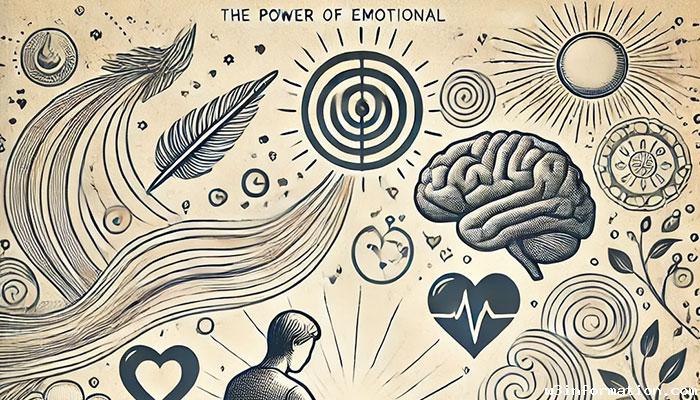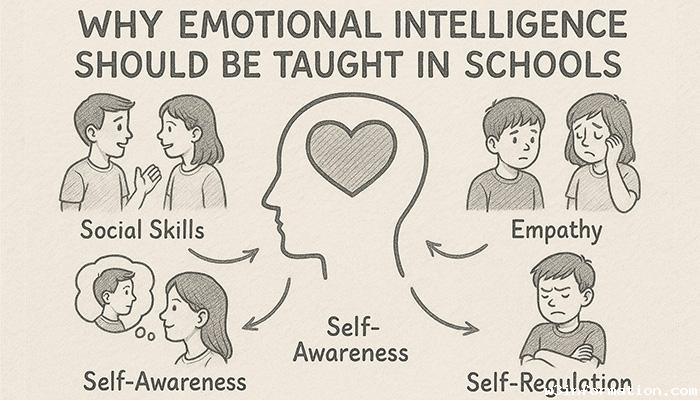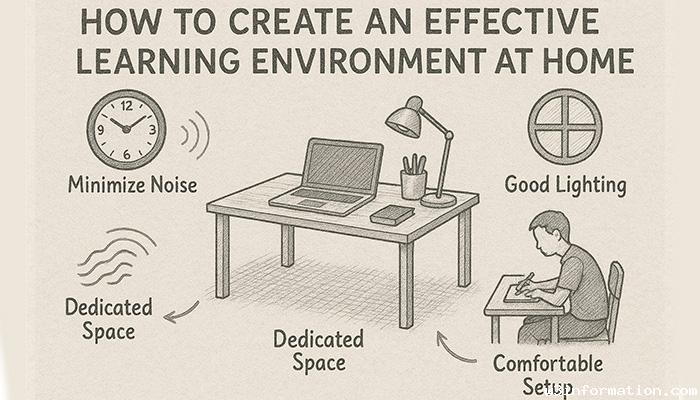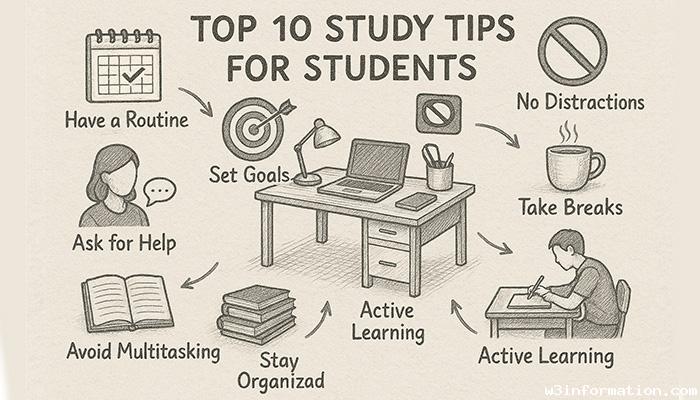The Power of Journaling for Emotional Regulation
Journaling is a low-tech solution to emotional regulation and mental wellness. Journaling is a form of free-flowing and reflecting, which enables people to work through emotions, learn and find their emotional balance. This tutorial is about the uses of journaling and its effects on emotional regulation.
Understanding Emotional Regulation
Emotional regulation means how to manage and react to emotional states well. Key aspects include:
- Getting to Know Your Feelings Understanding and being able to identify how you feel is the first phase of emotional management.
- Healthy Emotion Expression Healthy emotion is the opposite of repression.
- Coping Strategies: Emotional regulation methods, such as journaling, can avert negative symptoms like stress or anxiety.

Journaling for Emotional Regulation: Benefits of Journalling For Emotional Regulation.
- Enhancing Self-Cognition Writing about the thought and feeling can help you learn your emotional triggers and cycles.
- To Reduce Stress Journaling gives you an outlet to let go of anger and reduce stress.
- Encourage Problem Solving — When we think about writing difficulties, we come up with solutions.
- Increasing Emotional Strengths Journaling regularly builds self-management and resilience when emotions strike.
Categories of Journaling to Regulate Emotions
- Freewriting Writing with no format and no limitations frees up emotions.
- Gratitude Journaling: Being reminded of good things and being grateful improves mood and perception.
- Journaling with Prompts Identifying prompts to think about emotions or situations is helpful to orient thought.
- Emotional Logging By logging emotions and why they occur throughout the day, we can look for trend over time.
What To Do To Get Started Journaling
- Decide Which Way To Go: Pen-and-paper journals vs. mobile apps are your choices.
- Journal for A Time A time, even if it’s only 5-10 minutes a day, set aside to journal.
- Create a Private Environment Keep your space private and free of distractions to write.
- Honest and Open Don’t be judgemental or fussy about grammar and spelling, just write because it is.

Integrating Journaling with Other Practices
- Mindfulness journaling and mindfulness practice, you become more aware of yourself and more sensitive about what you feel.
- Counselling Sharing journal pages with a counselor will help offer more advice.
- Aftermeditation Meditation Journaling helps to concrete insight and emotional intelligence learned during meditation.
Overcoming Challenges in Journaling
- Writer’s Block Begin with short prompts or one emotion and start to write.
- Habitual Setting reminders and routines to create regular journaling routines.
- Vulnerability Tell yourself the journal is your own private laboratory of self-reflection.
The Long-Term Impact of Journaling
- Better Emotional Intelligence Consistent journaling makes you better able to identify and process emotions.
- Enhanced Relationships Journaling helps to open the minds of others and give them a voice they aren’t speaking in an unreflective tone.
- Journaling for Growth is all about self-examination and development.
Conclusion
Journaling can be a healing method that helps one process feelings in a much more confident and easy way. Journaling, daily, is a way anyone can be emotionally resilient, clear-headed and connect with themselves. Begin journaling today and feel the difference that journaling can make for you.
W3information helps you to get knowledge about the new information. This site under copyright content belongs to w3information. By using this site, you agree to have read and accepted our terms of use, cookie and privacy policy.
 Why Emotional Intelligence Should Be Taught in Schools
Why Emotional Intelligence Should Be Taught in Schools
 The Future of Higher Education: Trends to Watch
The Future of Higher Education: Trends to Watch
 How to Create an Effective Learning Environment at Home
How to Create an Effective Learning Environment at Home
 Top 10 Study Tips for Students
Top 10 Study Tips for Students
 How Online Learning is Changing the Education Landscape
How Online Learning is Changing the Education Landscape
 How to create backend CRM using React JS
How to create backend CRM using React JS